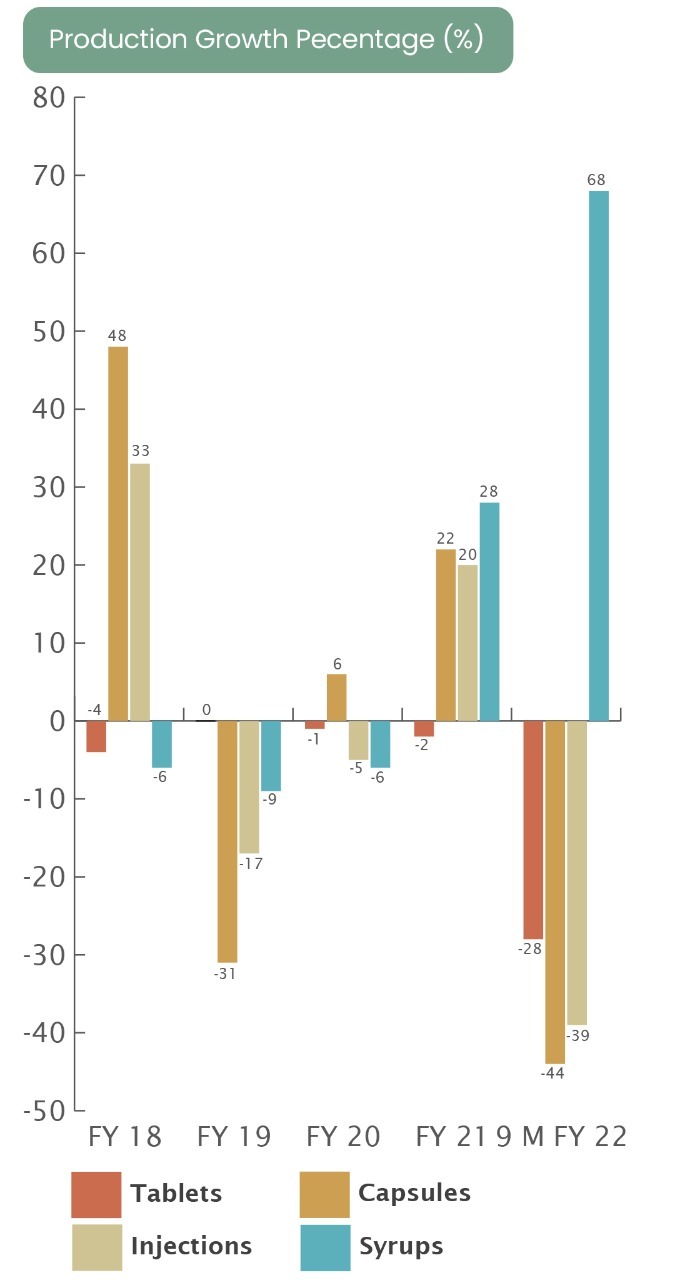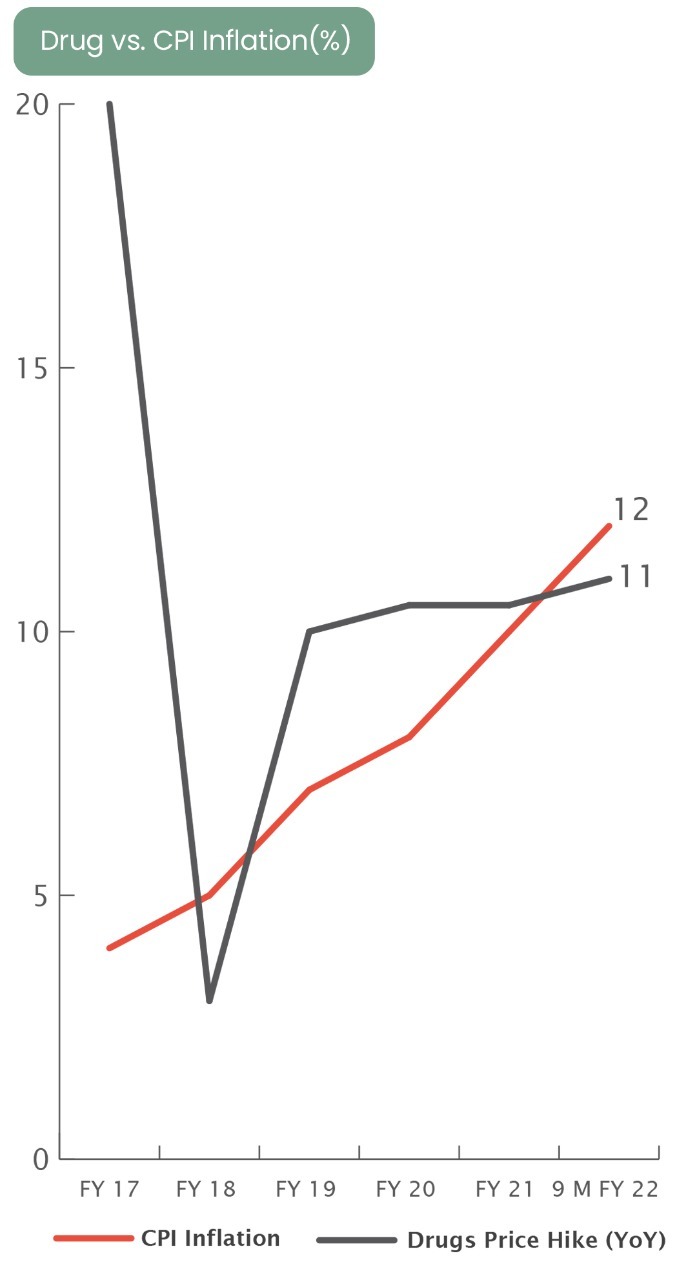Economics of Panadol Shortage
Price ceilings worsen inflation instead of controlling it.
Was this email forwarded to you? Subscribe here.
The Drug Regulatory Authority of Pakistan denied all requests from the pharmaceutical industry to raise prices for paracetamol. Major pharmaceutical players threatened with stopping the supply of panadol altogether. However, the government maintained its stance of regulating panadol prices in the wake of rising inflation.
Price ceilings are a phenomenon as old as time. Whether it be controlling rent or rationing petrol, governments often utilize the regulation to curb inflation. But historically, such measures result in higher inflation than before as well due to a rise in black markets.
A similar fate followed the 'Panadol fiasco' in Pakistan. Not only did the country suffer shortages as producers denied production at negative margins, rather, PKR 250 million worth of Panadol tablets were found at a warehouse in Sindh, with culprits planning to sell the essential drug at higher profit margins.
After a tug-of-war between pharmaceutical industries and the government, the authorities agreed to a price increase of around 25% for all products. The government had to compromise to ease the plight of the common people.
GRAPHICS OF THE DAY
Cost breakdown for the Pharmaceutical Industry in Pakistan CY 21
National pharmaceutical exports grew by ~30% year-on-year in FY 21
Overall production of the Pharmaceutical sector posted a negative growth of ~0.4% year-on-year in 9 M FY 22; the industry consists of both local players and MNCs (that are reducing operations in the local market due to inconsistent policies and depreciating exchange rate)

With the Drug Regulatory Authority of Pakistan (DRAP) linking the price hike with CPI, it is becoming increasingly difficult for R&D costs to be transferred to consumers. For this reason, the market share of MNCs has decreased and it is expected they may continue to exit Pakistan’s market. In the last 10 years, a total of 16 MNCs like Johnson & Johnson, Bristol-Myers Squibb, Merck Sharp & Dohme Limited (MSD), Organon, and others have taken an exit from Pakistan’s pharmaceutical industry
Drug price Inflation vs. Consumer Price Index (CPI) Inflation in Pakistan

INSTAGRAM POST
Pakistan is the 2nd worst country in the South Asian region for Digital Entrepreneurship — www.instagram.com
⚫ Pakistan, ranked 97th, is the 2nd worst among all South Asian countries in the Global Index of Digital Entrepreneurship Systems (GIDES) study by the Asian Development Bank (ADB), with India, Sri Lanka, Bangladesh above and Nepal below
⚫ Economies in South Asia tend to perform worst in culture and informal institutions and best in physical infrastructure when it comes to Digital Entrepreneurship
View more
TWEET

What Else We’re Reading
GSK reduces panadol output in Pakistan during health emergency (Bloomberg)
Production resumes after a 25% rise in paracetamol rates (Dawn)
Advertise With Us — macropakistani.com
Improve brand awareness for your startup/business or amplify the reach of your ongoing marketing campaigns by promoting them on Macro Pakistani. We have previously done successful paid collaborations with Unilever, EZ Wage, and Modulus Tech.
Send an email to hello@macropakistani.com
Learn more:
About Us: Macro Pakistani is a data-driven research platform that aims to provide a basic understanding of Pakistan’s economy. If you have an interest in contemporary news but are currently overburdened with sensationalism and specialized vocabulary, we are the platform for you.
How are we doing? Please send us any questions, comments or suggestions by replying to this email.




